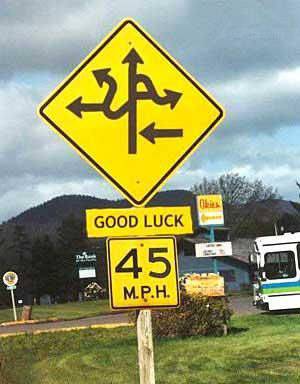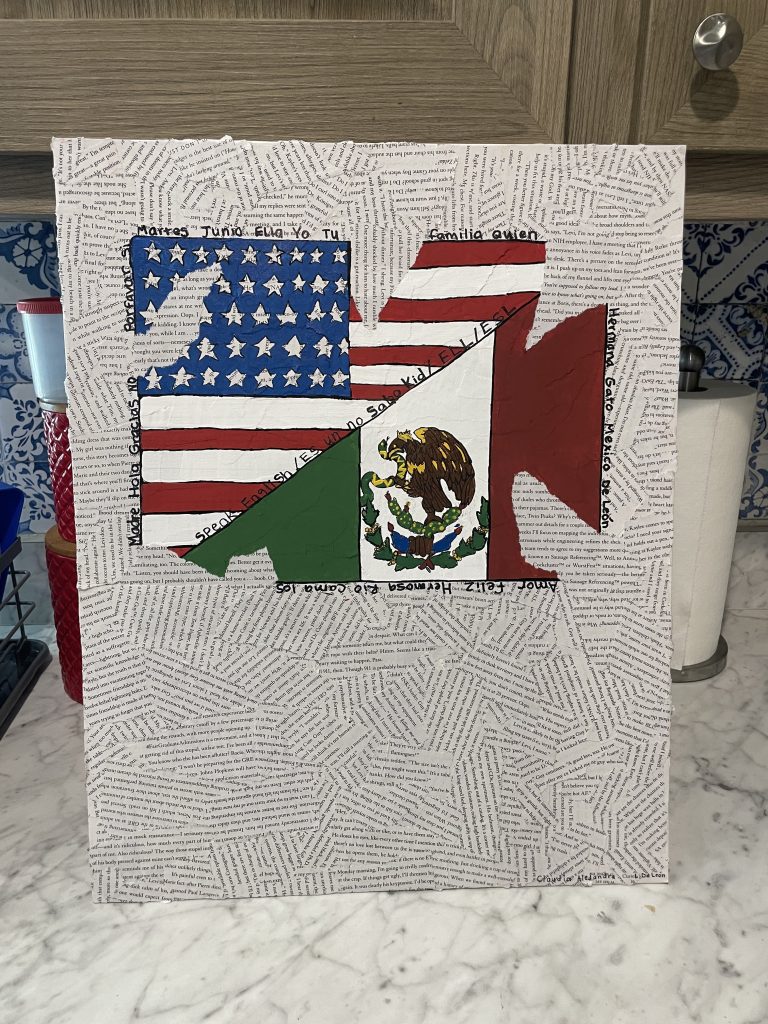
Class Plans
We’ll use this page to add in-class prompts, slides, resources, materials, throughout the semester.
Oct 10
Drs. Baker-Bell, Trechter, and Loya 17.22 code switching discussion
Questions for faculty panels (Oct 12 and 19)
Oct 5
Hailey’s original song
TurnitIn et al: what new literacies might we need to navigate EdTech?
- Who owns the tool? What is the name of the company, the CEO? What does the tool say it does? What does it actually do?
- What data are we required to provide in order to use the tool (login, email, birthdate, etc.)? What flexibility do we have to be anonymous, or to protect our data? Where is data housed; who owns the data? What are the implications for in-class use? Will others be able to use/copy/own our work there?
Further reading & links if you’re interested in the quantified self and data literacies:
And, if you’ve seen or wondered about The Social Dilemma documentary on Netflix, there are much better resources for exploring the ideas mentioned in the film. If you are interested in the ideas briefly touched on in the strange documentary, there is fabulous research, particularly from women of color who were researching long before the “prodigal techbros” claimed to see the light. A short list below to get started…
The film conflates and confuses a lot of issues (social media and google are not the same thing; capitalism will not be solved by “reducing your child’s screen time”; as with most problems, this is structural, not an individual problem; there are models of web design that don’t rely on an advertising model; we can design the world we want to live in on the open web (see Esra’a Al Shefei’s work below)…). I cringe every time someone claims internet addiction (please stop using that term lightly; you’re not addicted. You also binge TV series…) or every time we criticize youth literacies (please stop; literacies are connected to identities).
–Maria Ferrell’s “The Prodigal Techbro“
–Ruha Benjamin’s Race After Technology and Captivating Technology
–S. Craig Watkins The Digital Edge: How Black and Latino Youth Navigate Digital Inequality
–danah boyd’s SXSW talk “What Hath We Wrought”
–Esra’a Al Shafei’s interview Do We Still Believe That Networked Youth Can Change the World? (the answer is yes; see her work in Bahrain with LBGTQ+ youth)
–If you liked Jaron Lanier’s points in the netflix film, this is an incredible interview with him on The Ezra Klein Show. He offers alternative models to the advertising model that undergirds most social media.
–Safiya Umoja Noble’s Algorithms of Oppression
Sept 28
Sept 21
Data ethics and designs
Wednesday, Sep 14

Link to shared slide deck for interview data/notes
Thomas’ artifact 1 …with audio
Monday, Sept 12
- Sponsorship and Access (Raymond & Dora: 169-173) Thomas, Adrian, Bee, Denisse
- Sponsorship and Access (Raymond & Dora: 169-173) Edgar, Claudia, Ryan, Carlo
- Sponsorship and the Rise in Literacy Standards (Dwayne: 173-178) Mataya, Haylee, Mylie, Emily
- Sponsorship and Appropriation In Literacy Learning (Carol & Sarah: 178-183) Hailey, Hunter, Taylor, Tanner
- Sponsorship and Appropriation In Literacy Learning (Carol & Sarah: 178-183) Fen, Dayton, Kenji, Mary, Kay
- Introduction/Conclusion: Alysa, Jaime, Mallory, Avril
- Sponsorship and the Rise in Literacy Standards (Dwayne: 173-178) Nolan, Devan
Wednesday, Sept 7
Write memo: what went well when working on this paper/artifact? what was confusing? Did you gain any new insights about your literacies from working on this project?
Share papers/artifacts with small group
prep for literacy interviews. What questions might we add to our list? Link to shared doc here
Reading and Commenting on “Sponsors of Literacy” in Perusall for Monday (9/12). Video of Deborah Brandt below talking about literacies:
Monday, Aug 29:
As you look over each others’ data/notes:
- Talk to each other about how you decided what to record.
- What “counted” as a literacy and why? What purpose do your literacies serve? What do the literacies help you do? How did you learn to do these things with literacy?
- Which literacies did you choose? Which were chosen for you?
- Any new literacies emerge in the pandemic?
Use your group’s slide to make some claims about your data: If we were sharing our research, what could we say about the uses of reading and writing in our class’ data set?
Wednesday: Reading David Kirkland’s “The Skin We Ink…” in Perusall
Literacy is most often made acceptable—even standardized—when serving dominant group interests and unacceptable—stigmatized—when encouraging the perspectives of the socially marginal.–Kirkland



 Website:
Website: